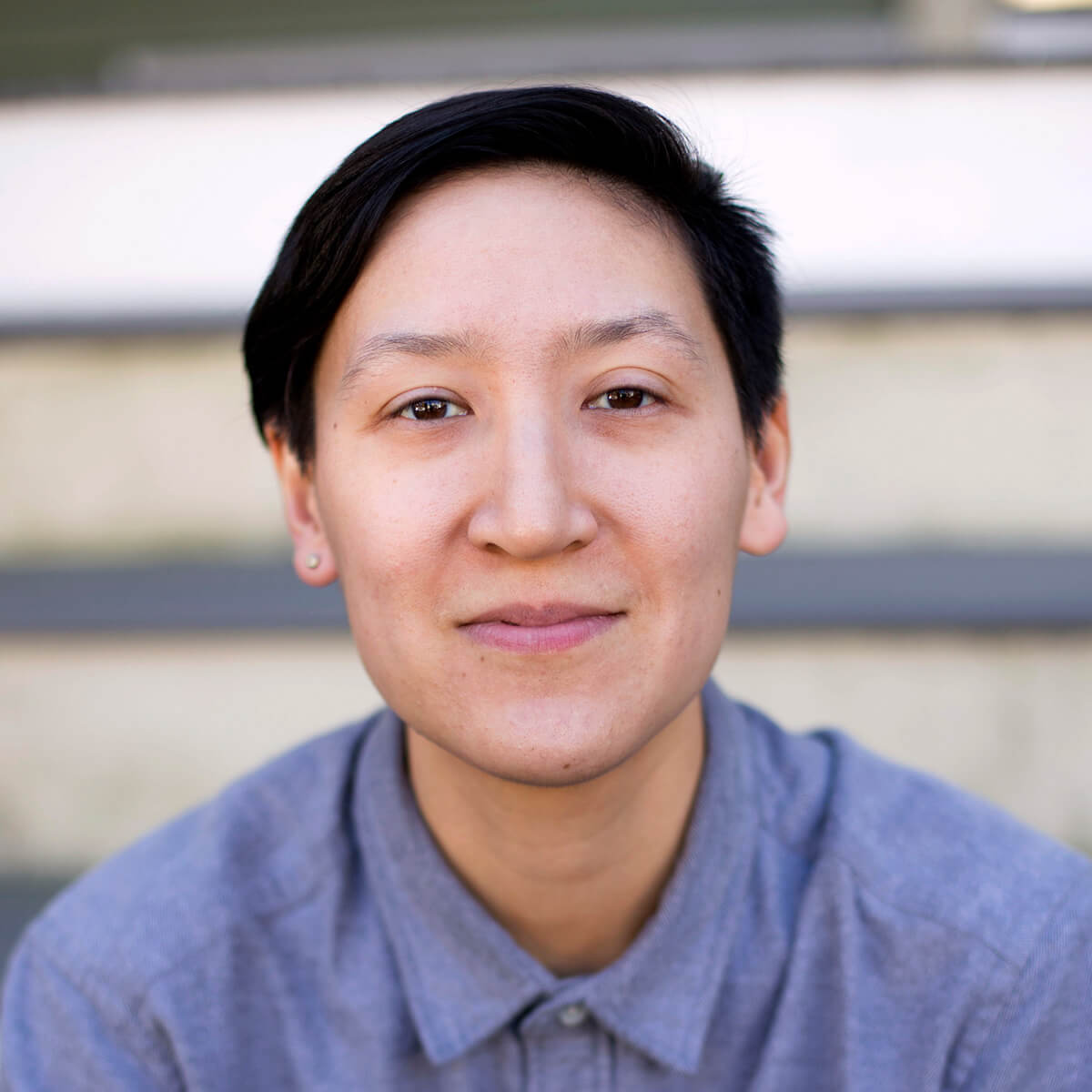
Kasia Chmielinski
What’s your background?
I grew up surrounded by art and music, but always had a deep love for math and order; I’ve never been able to stick to well-defined categories. After graduating with a degree in physics, I took a hard turn into Communications at Google in order to ‘learn how to talk to people,’ mostly because I spent a lot of time at school not talking to people. After several years learning about policy and media abroad, I returned to the United States and shifted gears to enter the product development field, where I believe I can make the greatest impact for the largest population. I became the founding product manager at ZestFinance, a fintech startup making credit available to the underbanked, and then the product lead for the children’s coding project Scratch at MIT. I joined USDS in the fall of 2017.
What inspired you to join USDS?
For most of my life, I have existed between and at the intersection of multiple identities, within a family structure spanning geography, citizenship status, race, socioeconomic power, education level, and faith. Ironically, despite growing up in what is essentially a microcosm of America, I never considered myself patriotic. However, after the last election I felt an obligation to represent intersectionality at a higher level. Making responsible decisions about complex issues requires representation at the table where the decisions are being made. Joining USDS allowed me to pull up a chair at that table.
What has been your biggest challenge?
The largest challenges I’ve faced at USDS involve systems of knowledge rather than technology: balancing the deep experience held by government employees with new suggestions from the tech world; pushing for change but holding space to build momentum; and seeding ideas or processes that will last beyond my individual tour of duty.
How does your work make an impact?
I’ve worked on a variety of projects at USDS, from addressing the over-prescription of opioids to increasing the efficiency of the migrant farmworker visa process. I believe our impact is twofold: we impact technology culture within government, and we build better services for people who interact with government. It’s not always obvious when you are making a difference: one report we wrote lay dormant for months, only to surface in the specific text of a regulation. We were then called in to address the technology needs required by the text — which we initially wrote! This job is full of surprises.
What do you want to do after USDS?
I’m planning to bring my knowledge of government systems back into private industry in an attempt to build bridges and address knowledge gaps. The public and private sectors need to work more seamlessly together to build better products for everyone — not just the folks at the top.
What will you miss most about USDS when you leave?
I intended to work at USDS for a few months and have now been here for almost a year. When I leave, I’ll miss all the reasons that caused me to stick around in the first place: the amazing people, hearing from users when we’ve made their lives even a little bit better, and games nights in the Secretary of War suite.


